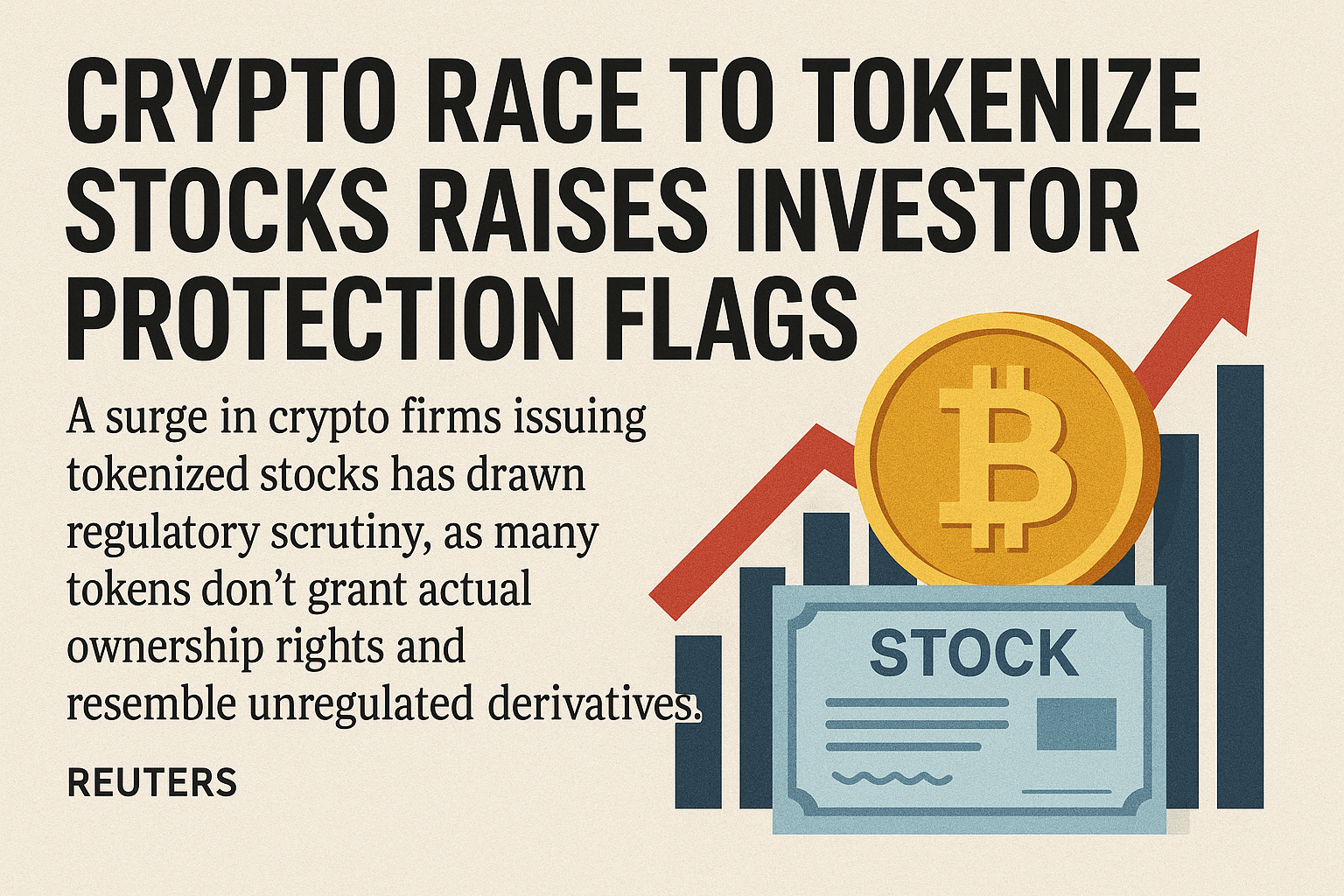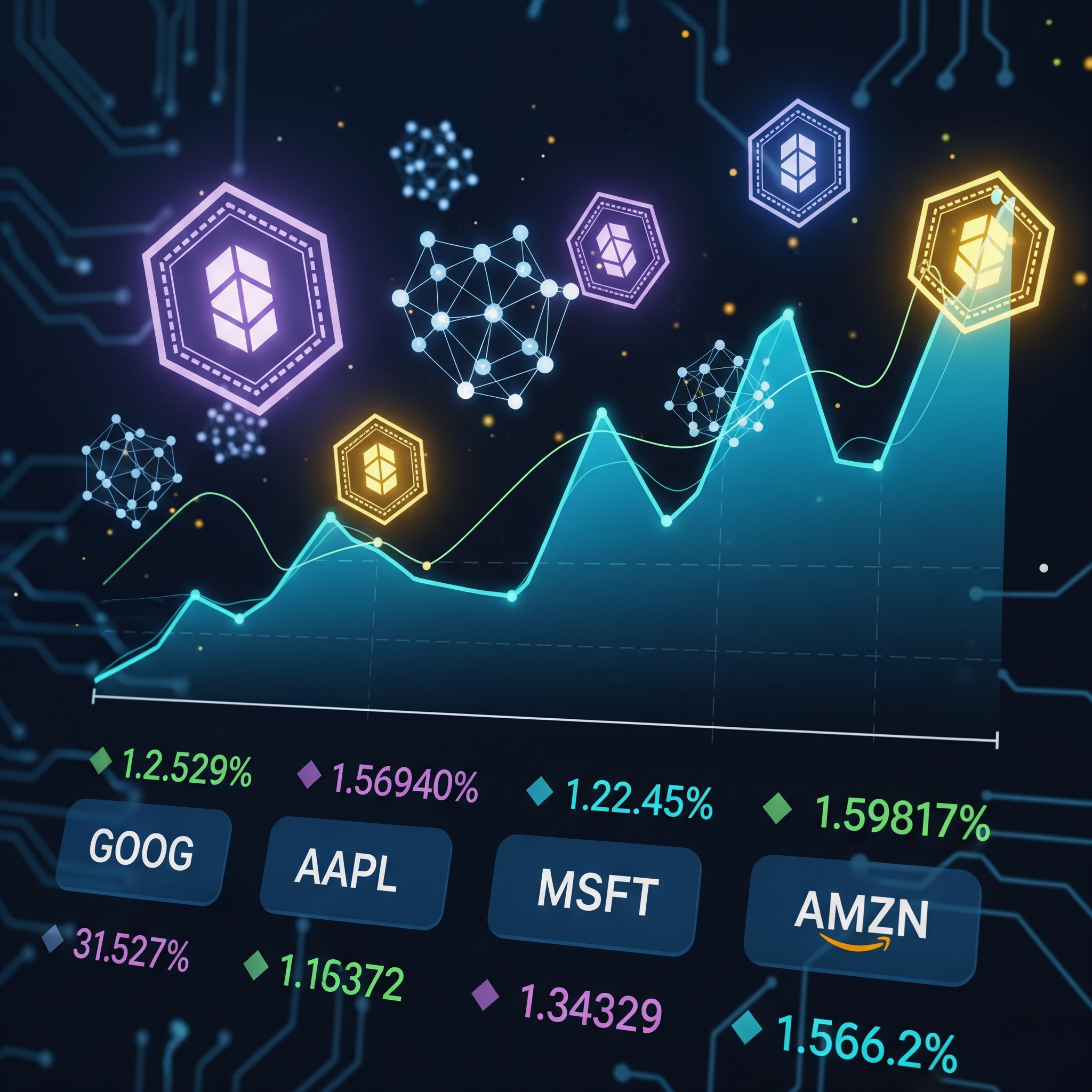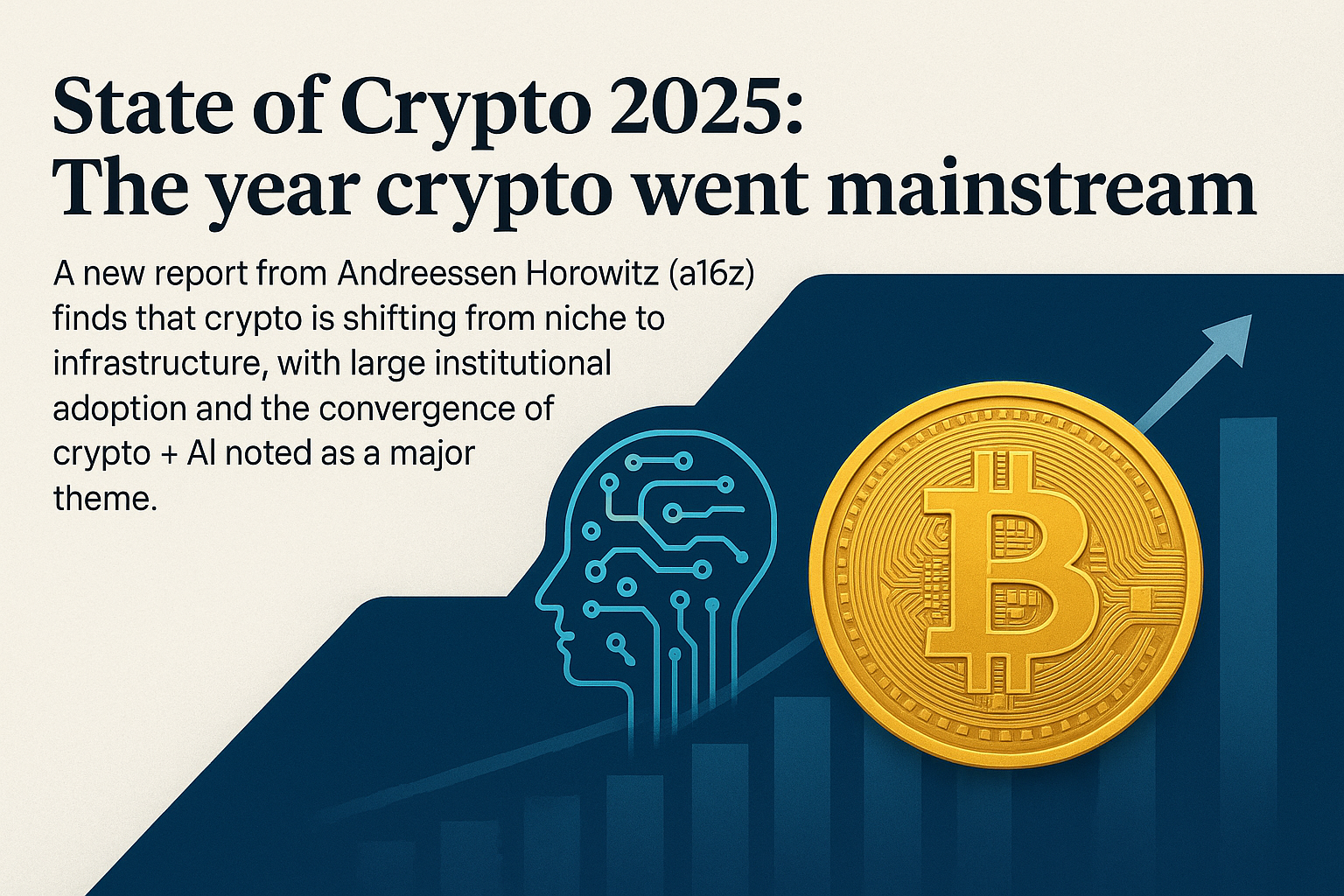The tokenized real-world asset (RWA) market is gaining serious momentum, with new data showing an 85% year-over-year growth by December 2024. Excluding stablecoins, the market reached an impressive $15.2 billion, underscoring rising institutional and retail interest in digitally native investment vehicles. Among the most prominent segments driving this expansion is tokenized real estate, a sector quickly transforming how property is bought, sold, and managed.
Real Estate Embraces the Blockchain Era
Once considered a slow-moving and paper-heavy industry, real estate is now at the forefront of the tokenization revolution. Tokenization allows physical assets like commercial or residential properties to be represented as digital tokens on a blockchain, offering fractional ownership, increased liquidity, and enhanced accessibility for global investors.
By breaking down traditionally illiquid properties into easily tradable digital units, tokenization opens up investment opportunities to a wider range of participants. This is especially attractive to younger, tech-savvy investors looking to diversify portfolios without needing to commit large sums of capital upfront.
Why This Growth Matters
The 85% surge in tokenized RWAs reflects a broader shift in investor sentiment and the growing maturity of blockchain-based financial infrastructure. Real estate tokenization is being embraced not only by startups and fintech platforms but also by legacy financial institutions, real estate investment trusts (REITs), and asset managers seeking to modernize their offerings.
Benefits driving adoption include:
-
Reduced transaction costs
-
Faster settlement times
-
Improved transparency and traceability
-
Programmable compliance and smart contracts
These features align well with growing demands for efficiency, security, and trust in global financial markets.
Beyond Real Estate: A Broader RWA Boom
While real estate is a key contributor, the broader tokenized asset space now includes a wide range of asset classes such as:
-
Bonds and treasuries
-
Art and collectibles
-
Commodities
-
Carbon credits
The expansion of the Ethereum ecosystem, the rise of institutional-grade tokenization platforms, and increased regulatory clarity in markets like the U.S., Europe, and parts of Asia have all contributed to this momentum.
Looking Ahead
With projections suggesting that tokenized assets could reach $10 trillion by 2030, the current growth is just the beginning. Real estate, due to its massive global market size and traditionally illiquid nature, is expected to remain one of the leading sectors in this digital transformation.
As blockchain technology continues to mature and more investors seek alternative, tech-enabled investment strategies, tokenized real estate could soon become as mainstream as traditional REITs or mutual funds.
The $15.2 billion milestone for tokenized real-world assets marks a pivotal moment in the evolution of the digital economy. With real estate leading the charge, the financial world is witnessing a new era of investment—one where blockchain technology turns static physical assets into dynamic digital opportunities.
Whether you’re an institutional investor, property developer, or retail buyer, the rise of tokenized real estate is a trend worth watching—and participating in.




